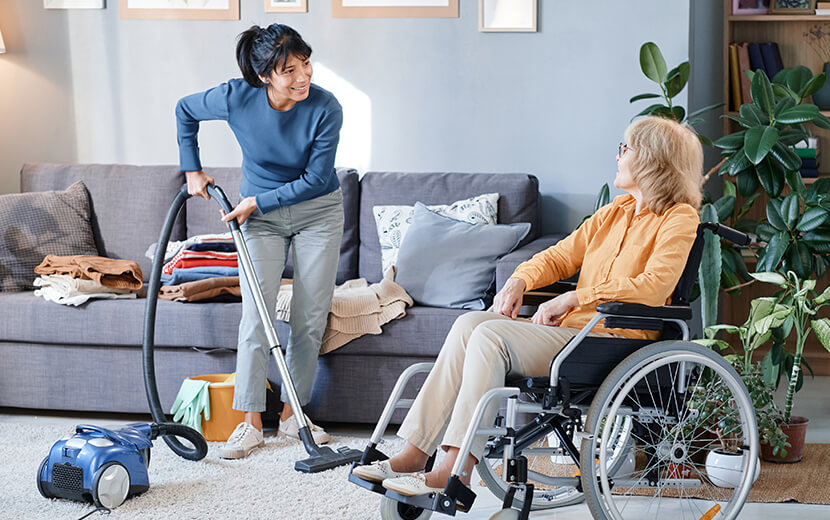
Subscribe To Receive Updates
We Offer Companionship
The Value of Companionship
At its core, companionship in senior care goes beyond simply having someone present. It encompasses meaningful social interaction, empathy, and the opportunity for seniors to share their stories, experiences, and interests. Companions—whether they are staff members, volunteers, other residents, or even trained therapy animals—offer a listening ear and participate in activities that resonate with residents’ personal interests and preferences. This connection can reduce stress and anxiety, increase cognitive stimulation, and foster joy in daily life. Companionship may come through shared activities like playing games, going for walks, doing arts and crafts, or simply engaging in conversation. Even small, consistent interactions provide seniors with the reassurance that they are valued and not alone.
Some Examples of What We Provide.
- Tea and a Wonderful Chat
- Outings to the Park and Nature
- Creative Art and Craft
- Drawing and Painting
- Knitting and Sewing
- Jig Saws and Puzzles
- Crosswords and Dominoes

companionship is indeed a Powerful Ally.

Often feelings of disconnection or a lack of social support can arise. Social engagement can improve cognitive functioning, as well. Studies show that when seniors participate in regular social interactions, their memory, attention, and overall cognitive abilities are positively impacted. This is particularly significant for seniors with early signs of dementia or cognitive decline, as companionship helps to keep them mentally active and engaged, potentially slowing the progression of cognitive impairment.
Companionship is also associated with better physical health. When seniors feel emotionally supported, they are more likely to engage in physical activity, maintain good eating habits, and participate in wellness activities. Additionally, companionship has been shown to reduce blood pressure, boost the immune system, and improve heart health. This holistic benefit is essential in creating a care environment where seniors can thrive, not just survive.




